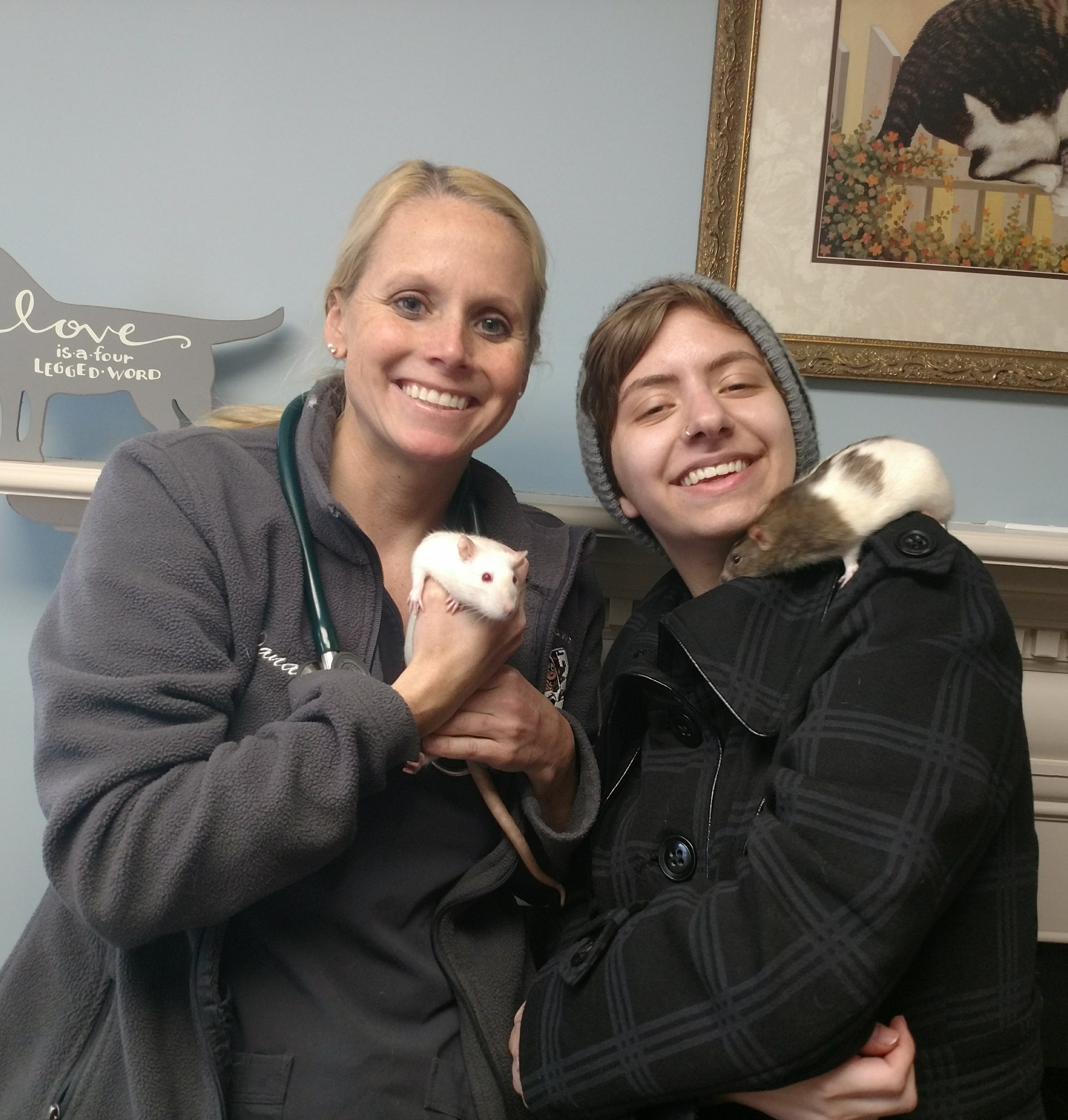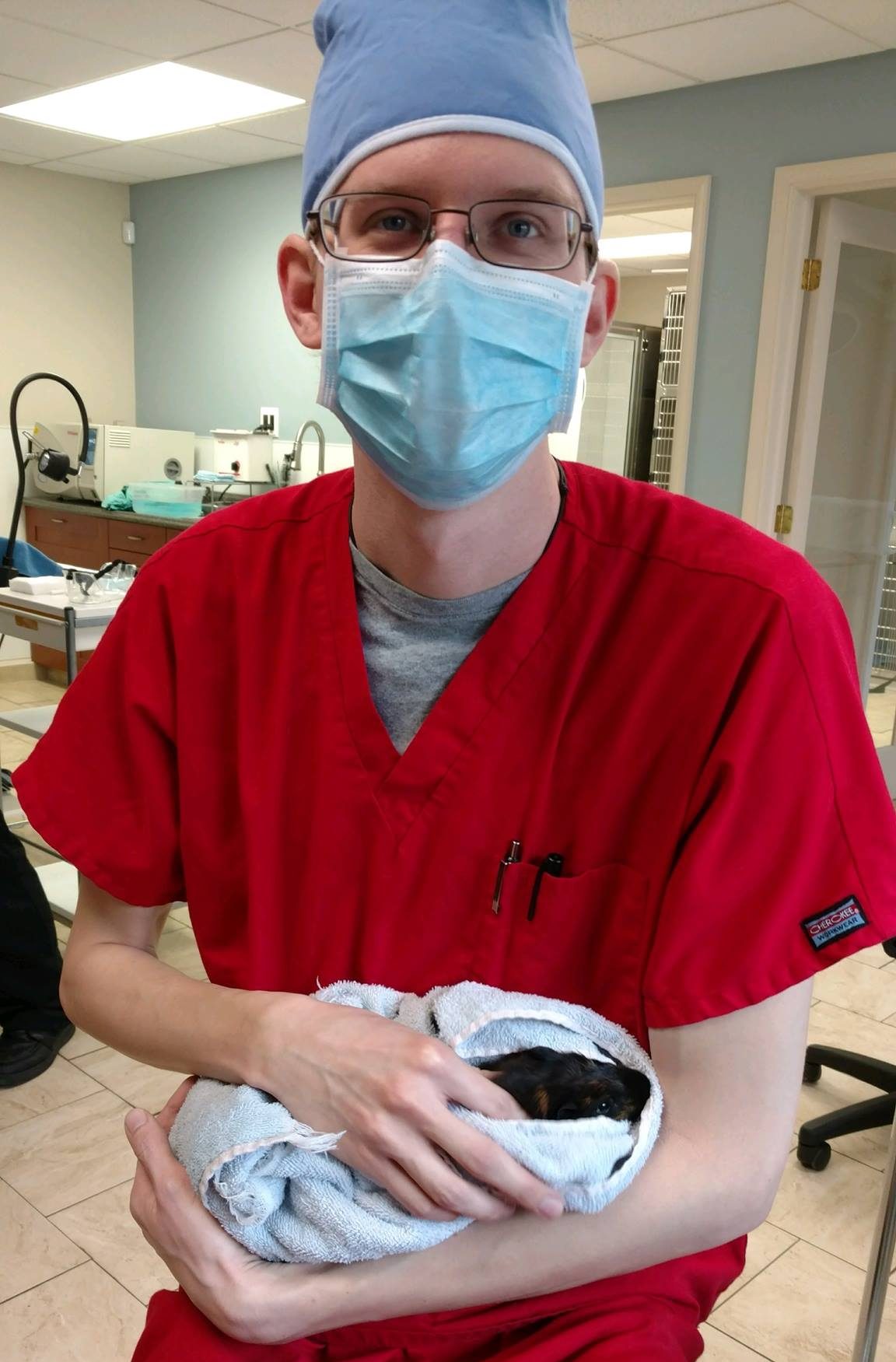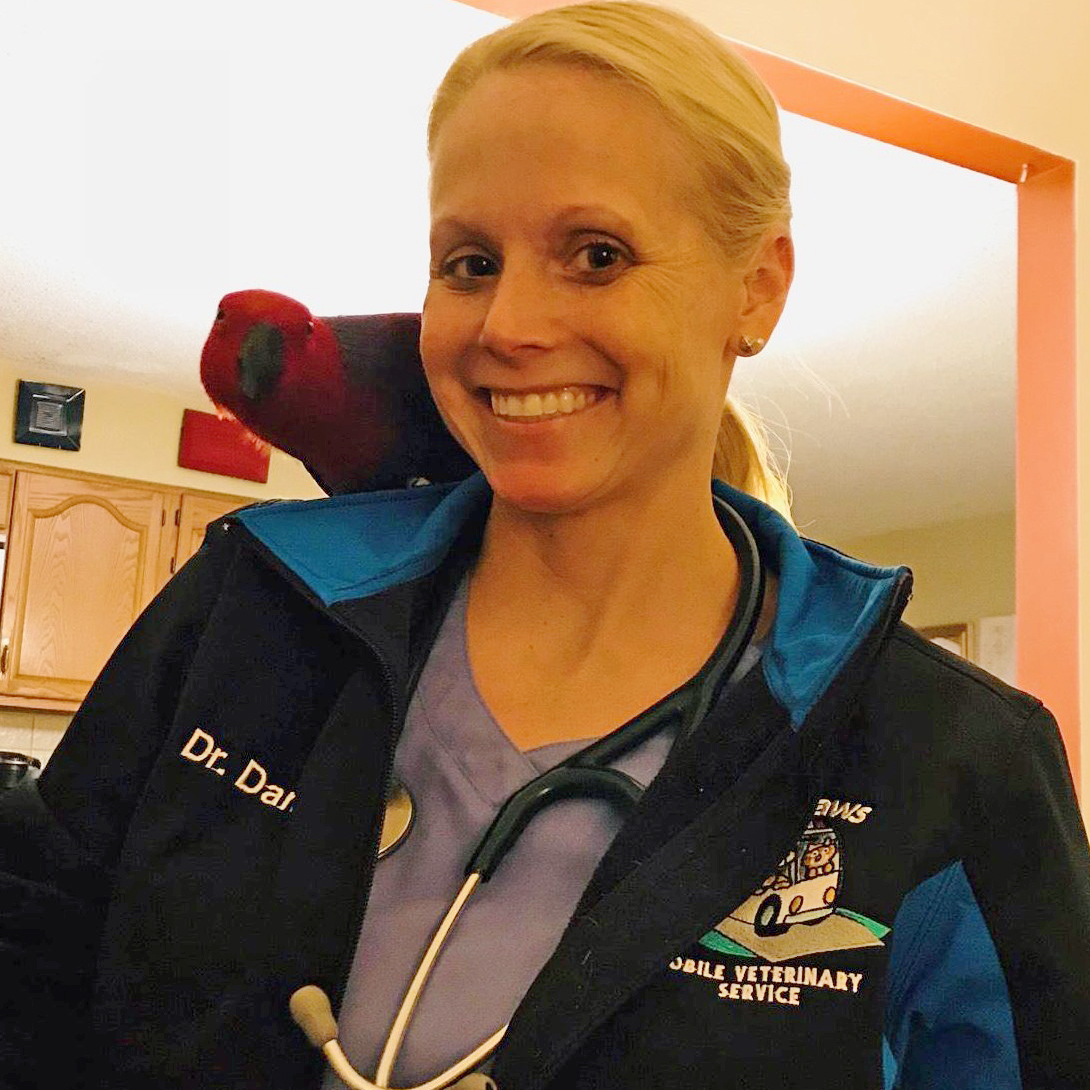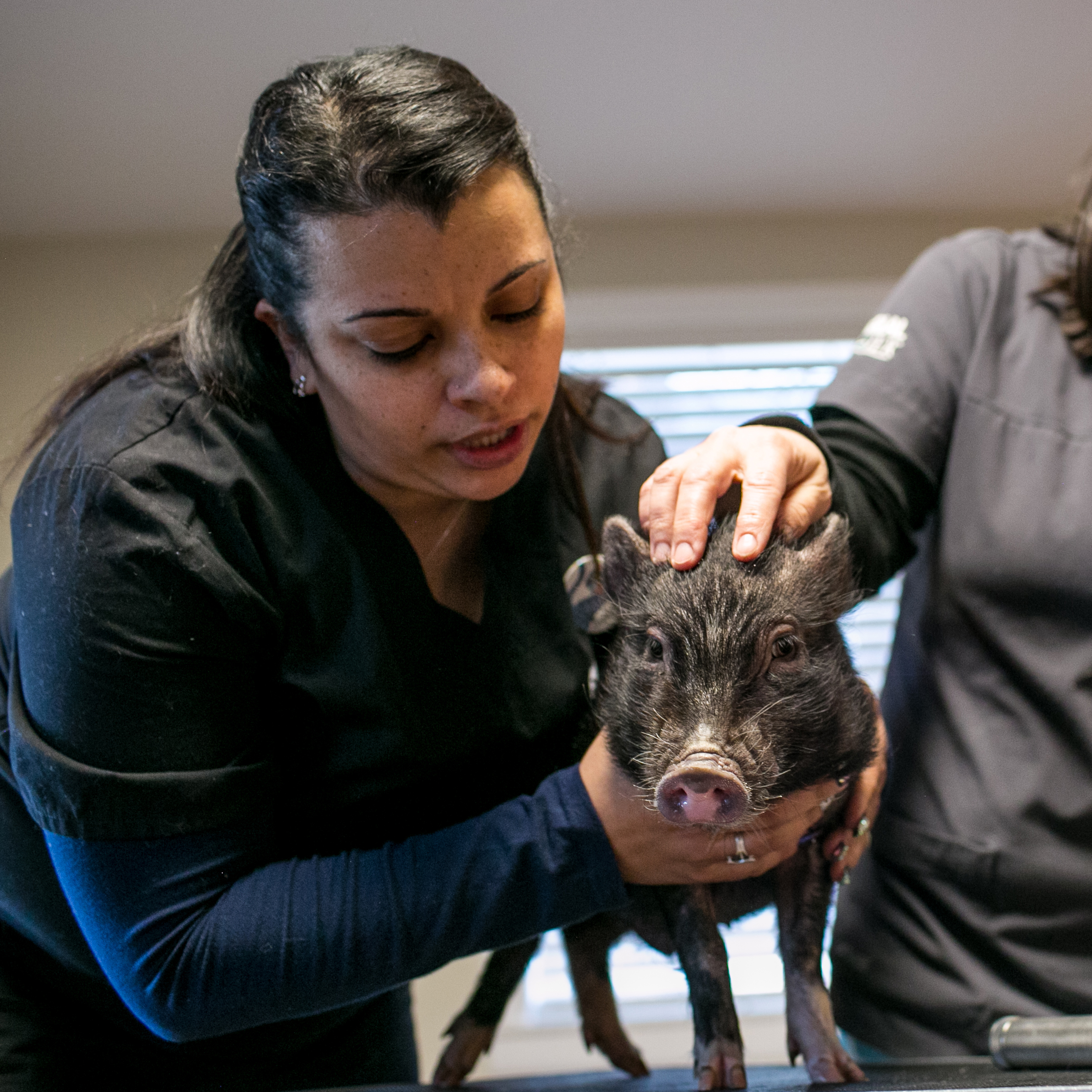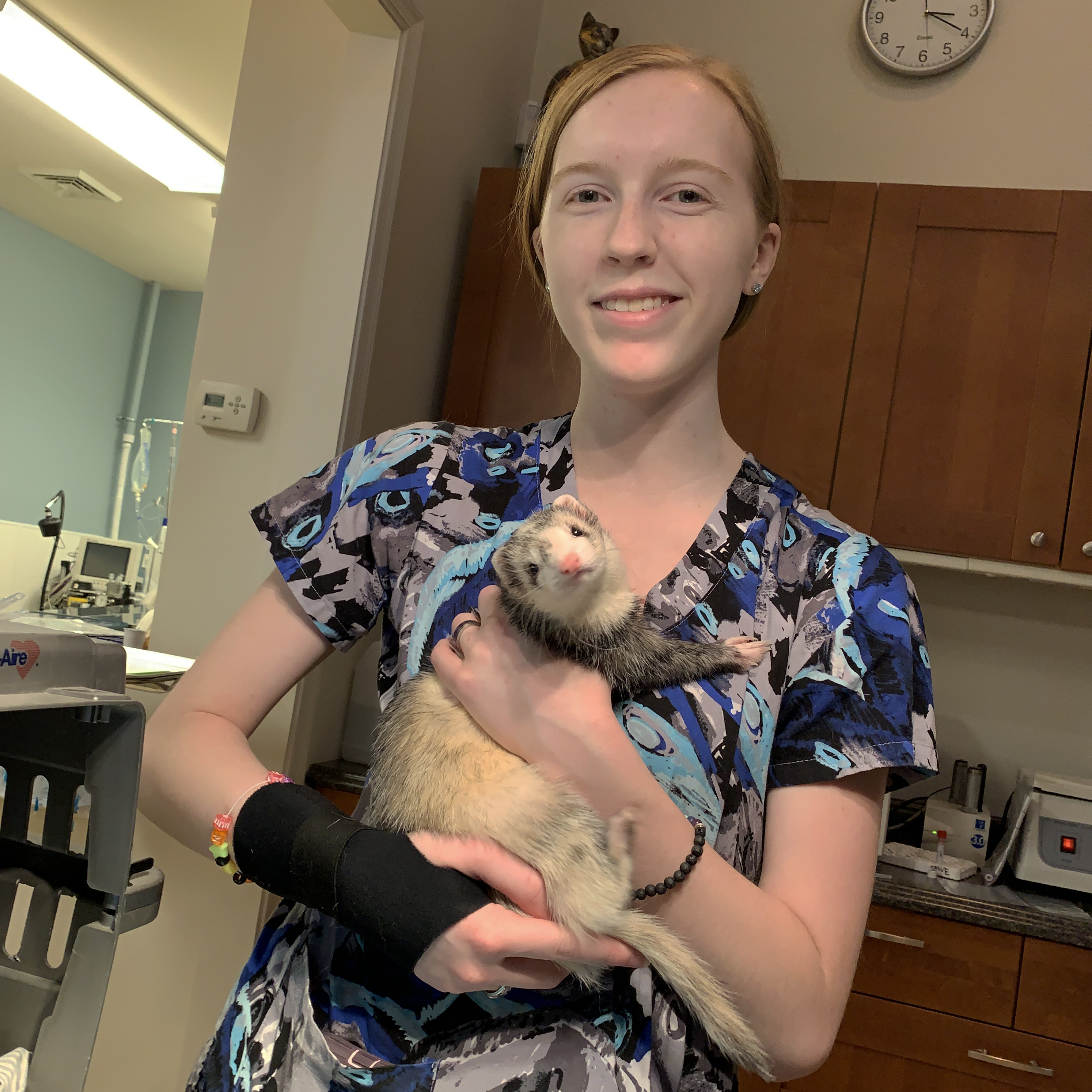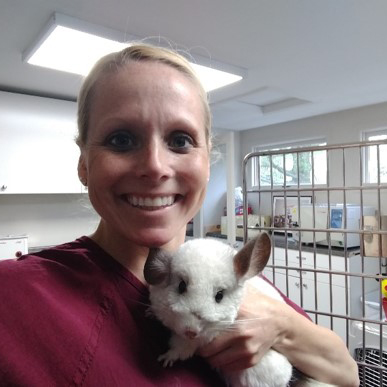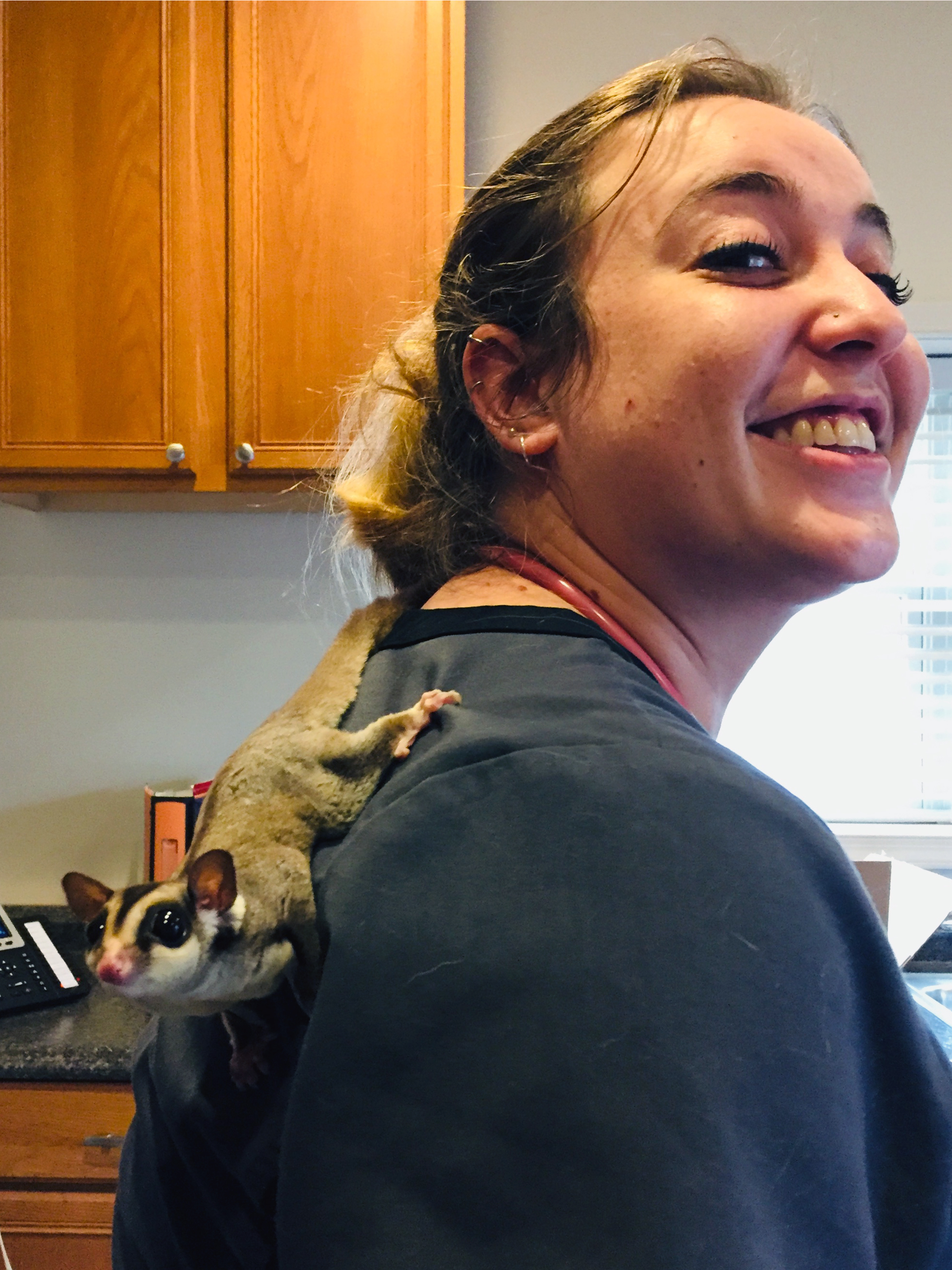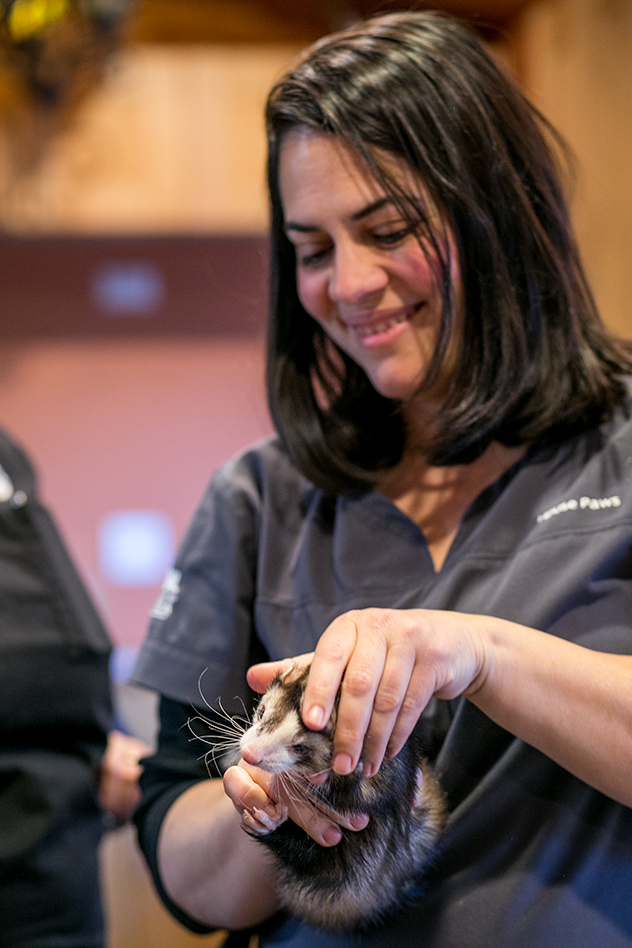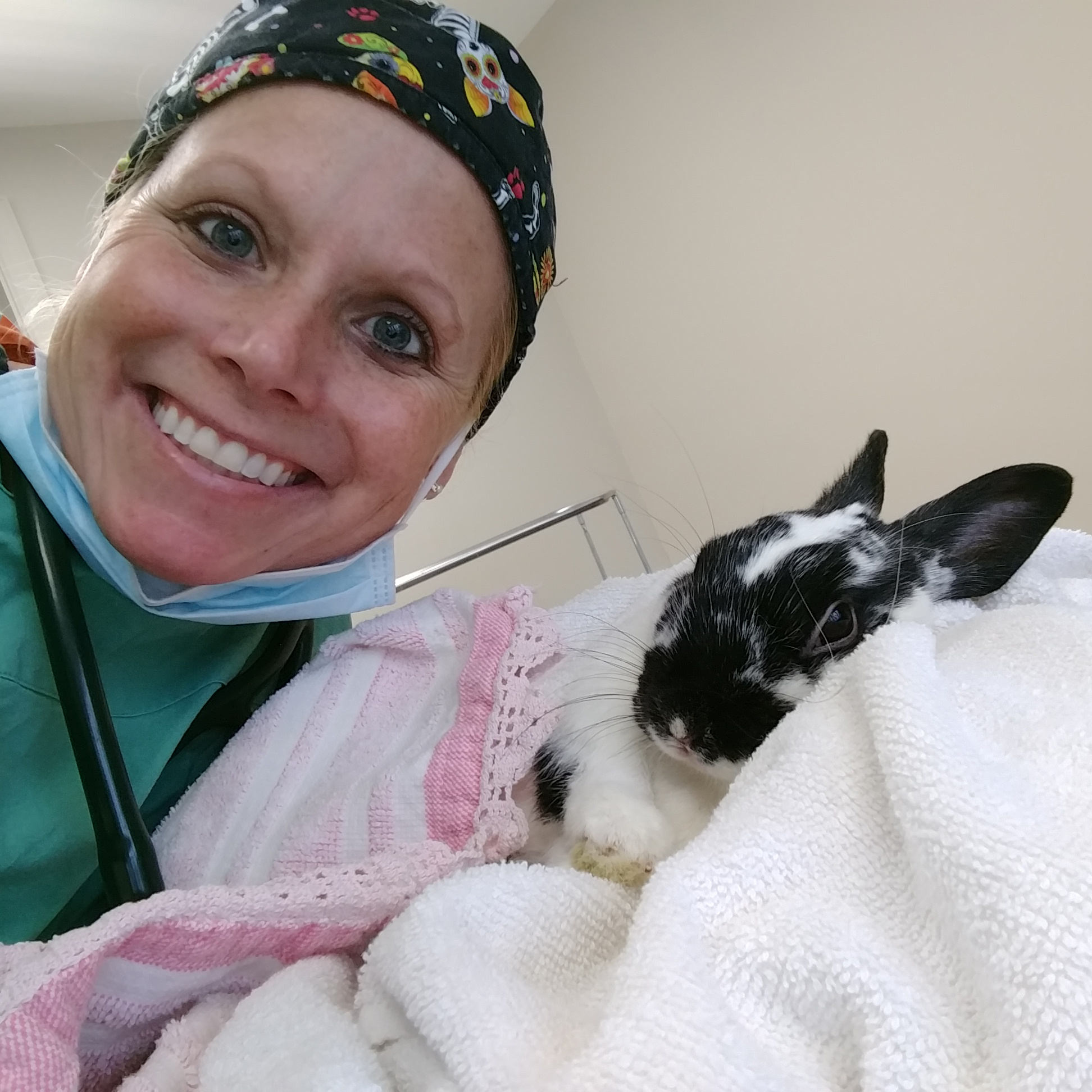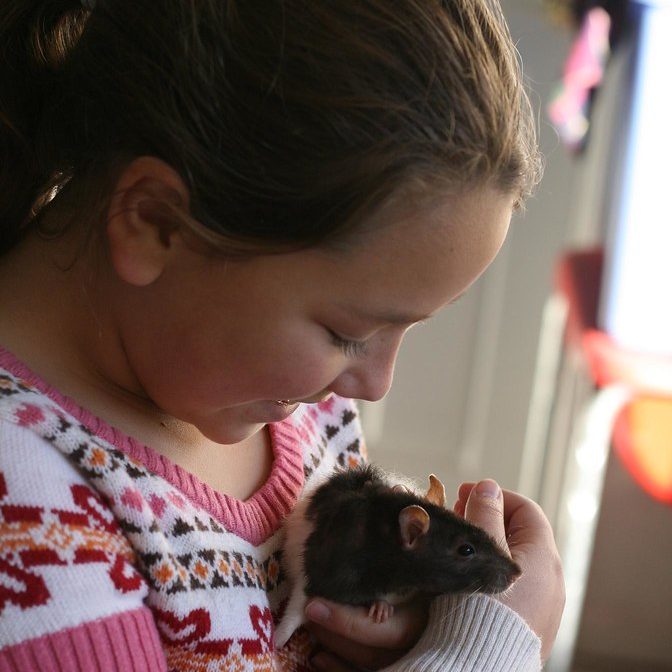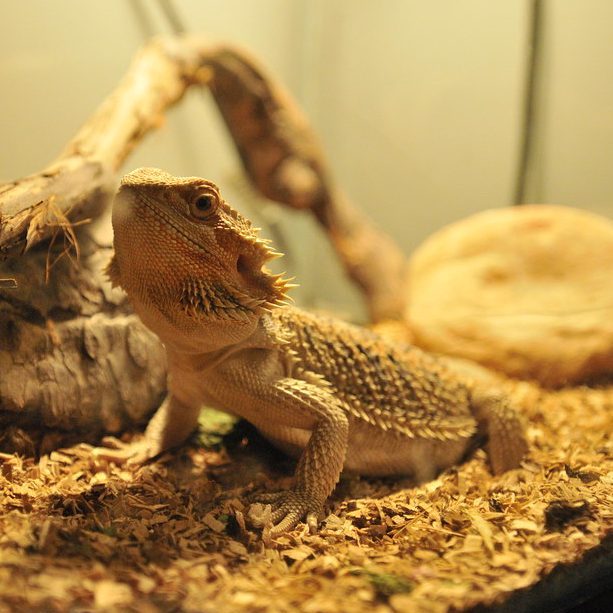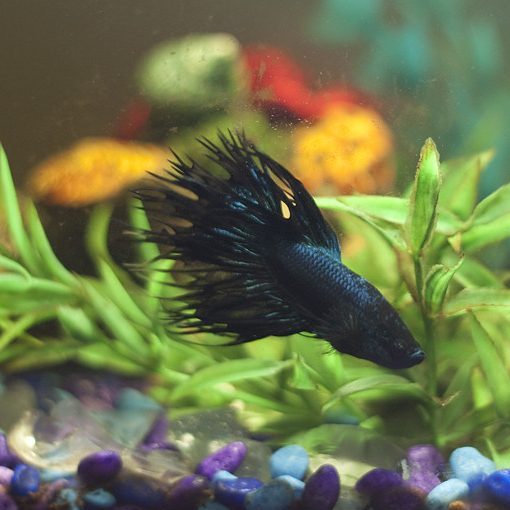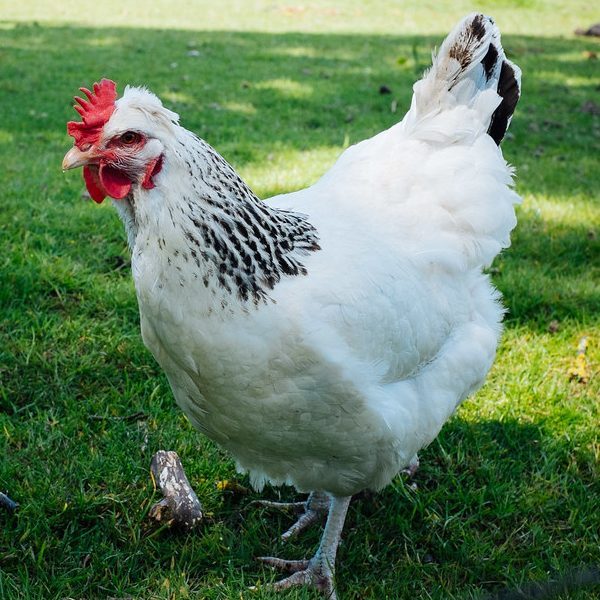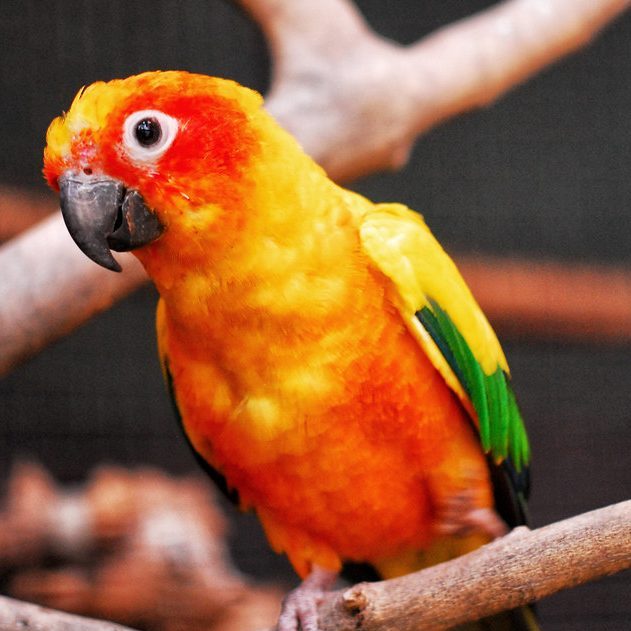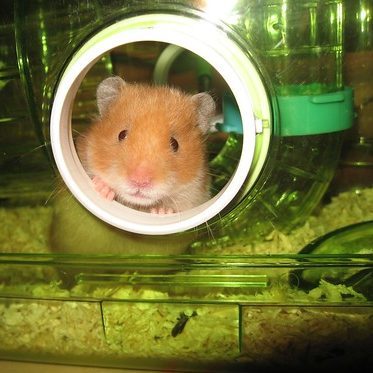POCKET PETS & EXOTICS
Medical & Surgical Services for Pocket Pets & Exotics
Click photos to advance the gallery.
HousePaws sees all types of patients!
Exotic pets like birds, turtles, lizards, and snakes have unique qualities and needs that require a specialized and sometimes advanced level of care. With the correct environment, nutrition, exercise and veterinary care these pets will live happy and healthy lives.
At HousePaws, we have the knowledge, training, and tools required to provide high quality veterinary care for your exotic pet with the additional benefit of being able to see them in your home.
- Annual physical exams
- Prescription medications tailored to your pet’s needs
- Nutritional counseling
- Behavioral counseling
- Expert bird wing-clipping, tusk or beak-trimming, and/ or nail-trimming
- Diagnostic testing such as fecal testing, blood tests, and radiographs
- DNA testing
- Soft Tissue Surgery
- Acupuncture and Chiropractic care
The Importance of Annual Exams for Your Exotic Pet
Q&A with Dr. Sharonda M. Meade, former HousePaws Exotics Pet Veterinarian
Q: What got you interested in becoming a veterinarian, and specifically what interests you in seeing exotic animals?
I love medicine, and my mom was a nurse, so I was always around medicine. I grew up with animals.
I didn’t start getting into more exotics until I got into graduate school, where I started working with birds, and then my PhD., I was still working with birds and lab animals. I did post-doc with New Jersey Center for Biomaterials and Rutgers and UMDNJ, and they worked with a lot of lab animals, so I wanted to go back and see everything from beginning to end…how all of the cases are, and how they affect the animals. I actually started going to vet school to be a lab animal vet, but when I got into my fourth year and I was exposed to even more exotics, I fell in love. Where my parents are from, there’s a lot of wild animals; we have monkeys all over the place, and lizards walk around. (My mom is from Saint Kitts and my dads is from Montserrat. They’re both islands in the Caribbean.)
Q: What are the challenges of treating exotics?
They hide their illnesses. You have to really pay attention to them. They hide their illnesses until they can’t hide it anymore. And that’s usually when there’s not much more we can do to help them.
Q: What is the best part about treating exotics?
They’re animals! And when they’re angry, they’re not angry with you; it’s usually because something hurts. It is really rewarding when you can help an animal. They can’t speak for themselves and they need advocates. Dogs and cats, they tend to tell you when something hurts, because they’re limping, or they’ll lose weight and you can physically see it. You cannot physically see it on birds. You have to literally put your hands on them to know.
Q: Do you have any pets at home?
Right now I have two cats, a rabbit, a turtle, and a bird. And I just put my dog down back in April. So now I’m trying to find that right dog. It’s probably going to be an older dog, just because older dogs are in the shelters and nobody wants to take them. But I don’t have favorites. I love all animals.
Q: We hear you don’t like spiders! Did something happen between you and spiders?
I don’t like anything that has more than four legs! But I would see it. If a tarantula was sick, and we needed to do something, I would see it. I would never deny animal or insect or fish. I would never deny anything medical help. But if there’s somebody else who could do it (treat a tarantula) then they can have it!
Q: Do you have any advice for someone who is considering opening their home to an exotic pet?
Do your research. Do not get an animal, especially an exotic, until you do your research. Most of the issues with exotics are with their husbandry: how you set them up and their food, etc.
And find a good exotics vet!
Yes, find a good exotics vet, or even if it’s not an exotics vet, then someone who’s at least willing to learn with you. Not everyone has access to an exotics vet. But if it’s somebody who’s willing to try and learn and help you with your animal, then that’s good enough.
Q: What do you think of our Vets in Training program? There are plenty of exotics housed over there!
I think the program is amazing because it’s teaching kids young how to observe, and kids are the best observers. A lot of times when clients come in with kids, I talk to the kids because they’re more observant than adults are (because we have other things going on in life). The kids will say, “I told you Mommy! He wasn’t eating for four days.” I think encouraging kids to learn about animals teaches them responsibility.
